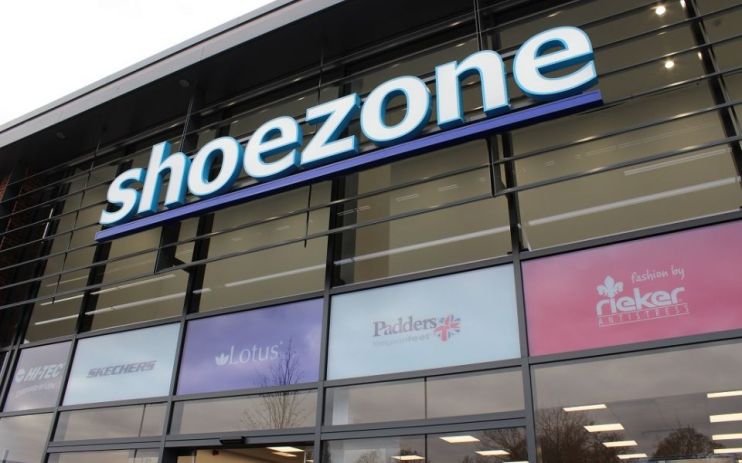Shoe Zone blames higher costs and Red Sea disruption for ‘slower than expected’ sales

Shoe Zone has blamed higher costs, the disruption in the Red Sea and “slower than expected” sales at the end of 2023 for its reduced performance in recent months.
The Leicester-headquartered company said its trading is “marginally below expectations” because of an “higher than expected” in the National Living Wage as well as an increase in container costs because of the ongoing situation in the Suez Canal and the Red Sea.
Shoe Zone added that higher costs with upgrading its properties as well as the impact of a “slower than expected” end to its autumn and winter season has also hit its sales since the start of October 2023.
In a statement issued to the London Stock Exchange ahead of its AGM, Shoe Zone chief executive Anthony Smith said: “The last financial year was another successful year of further growth, in which we continued to execute our store refit and relocation programme.
“At this stage of our financial year, trading is marginally below expectations, due to a higher than expected increase in the National Living Wage, an increase in container costs due to the ongoing situation in the Suez Canal, higher costs associated with upgrading our property portfolio and the impact of a slower than expected end to our autumn/winter season.”
The update comes after Shoe Zone thanked back to school shopping for a 19.1 per cent jump in profit before tax for its year to September 30, 2023.
The budget footwear provider said its pre-tax profits increased by 19.1 per cent to £16.2m in the 12 months.
Revenues of £165.7m were also recorded, up from £156.2m in the same period the year before, while Shoe Zone cut its stores by 72 to 323.
Since its full-year results were announced, Shoe Zone’s share price has surged from 226p to 290p giving it a market capitalisation of just under £130m.
